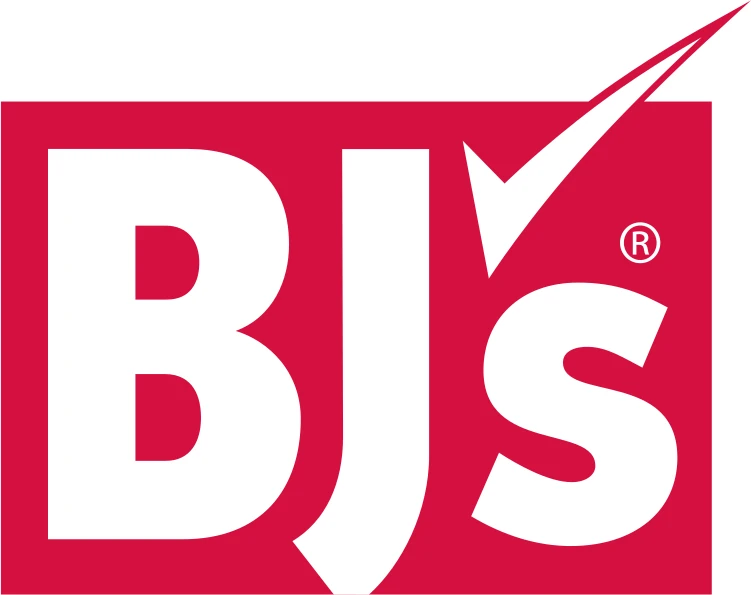Loyalty programs are marketing programs that provide incentives to repeat customers who are loyal company brand shoppers. They generally track customers’ personal information, purchase history and preferences. Retailers use this data to refine their product and service assortment, target promotions to consumer groups or individual customers and reward loyal shoppers.
Learn more

At Amazon, safety is integral to everything they do—every day, in every country, across their business. The company knows that to have a successful safety culture, everyone must embrace that safety starts with them. As a business, they are continuously enhancing their processes, programs, and technologies to create safer operations for their employees. Throughout Amazon’s warehouses and in their logistics network, over 9,000 health and safety professionals across the globe champion their innovations, programs, and initiatives.
Read on to hear how Amazon puts safety first

Retailers today are betting on experiential retail to build customer loyalty. Experiential retail is a strategy that focuses on creating engaging customer experiences rather than simply selling products. These experiences can be online or in-store. Examples of experiential retail include augmented reality, virtual try-on and in-store classes and events.
Learn More

The retail industry is leading the way with new technologies that improve how stores operate, reduce costs, and make shopping better for customers. As technology continues to evolve, it's changing how products are managed and how service is delivered. One exciting example is the use of in-store robots that help with both customer service and inventory. These robots can guide shoppers to product information, scan shelves to check for accuracy, and help make sure items are restocked on time.
Learn More

In supply chain facilities, keeping track of inventory accurately is essential to making everything run smoothly. Whether it’s fulfilling online orders correctly or organizing the workspace so team members can do their jobs efficiently, having the right products in the right place—and in the right amount—makes a big difference. When inventory data is accurate, it helps the whole facility work better and gives customers a better experience.
Learn More

Sustainability is becoming more important in the retail industry as businesses recognize their role in protecting the environment and supporting communities. With more customers, employees, and leaders paying attention to environmental issues, companies are changing how they operate to reduce waste, use resources wisely, and take better care of the planet. From banning single-use plastics to setting zero-waste goals, retailers are working toward more sustainable practices. Key areas like distribution centers and reverse logistics are especially important because they can create a lot of waste or help reduce it when managed well.
Learn More

Kroger stands out as a leading example of how retailers can drive positive change in the communities they serve. Through its Zero Hunger | Zero Waste Impact Plan, Kroger is building a more resilient and equitable food system. This initiative focuses on sustainability, food access, and affordability, ensuring that future generations benefit from a healthier and more inclusive food ecosystem.
Learn More
